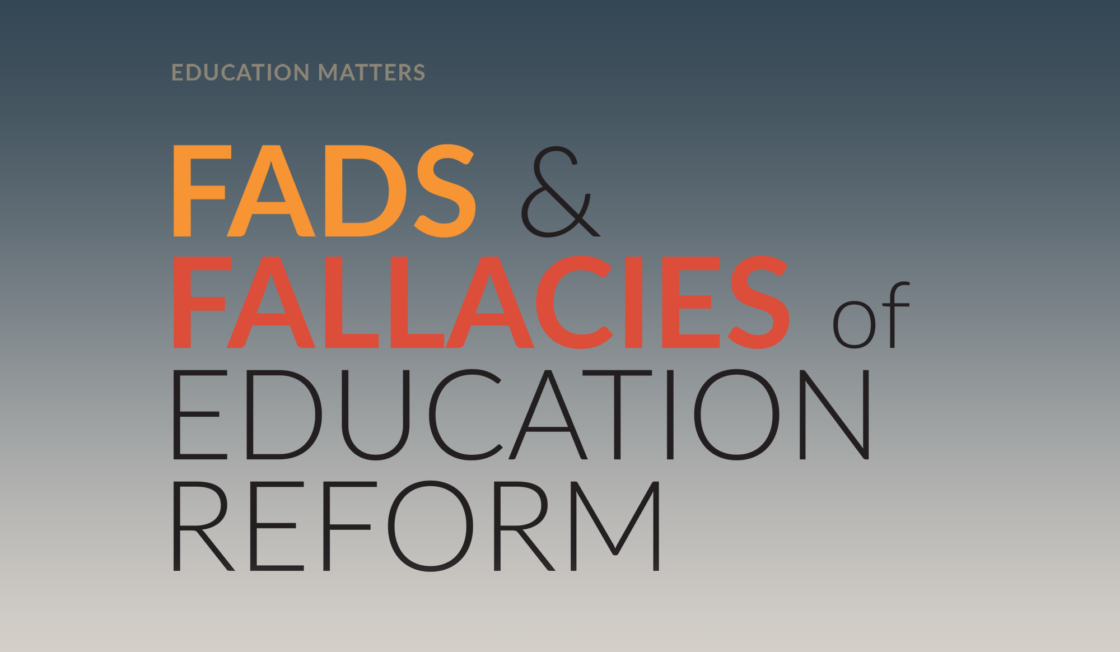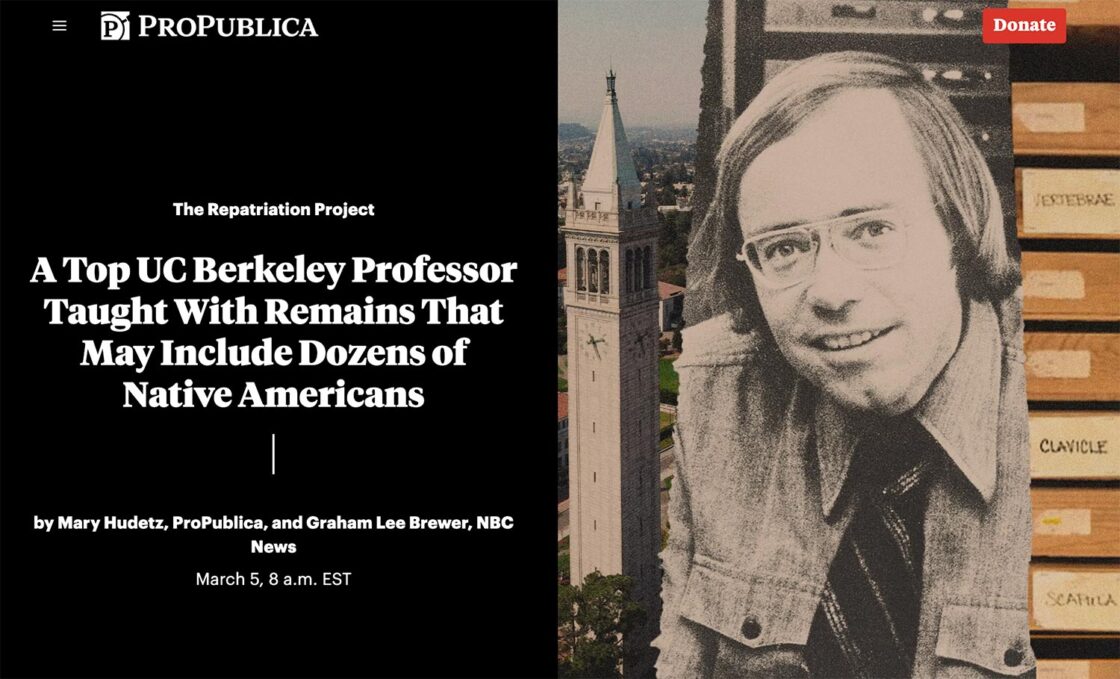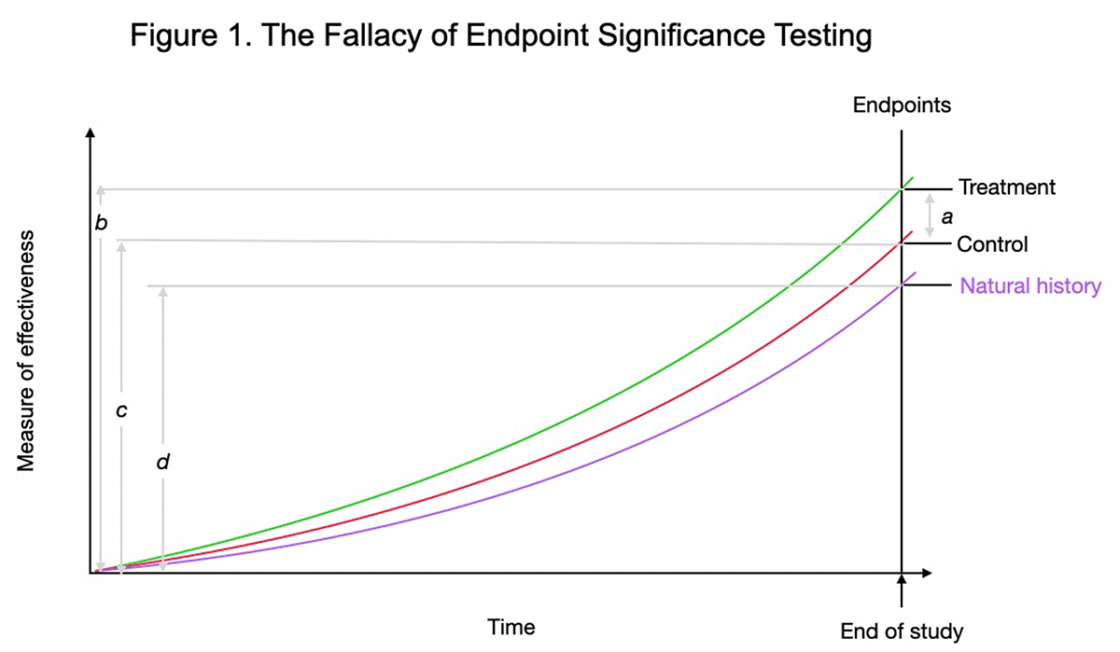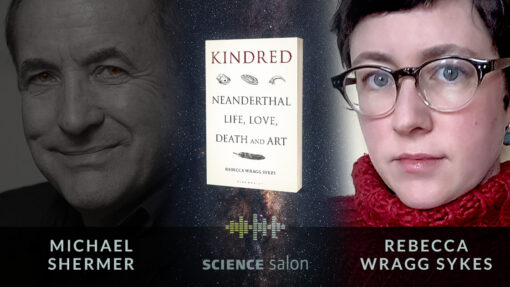research

When you drive past any American school, you’ll see signs telling you to reduce your speed and declaring the area to be a “drug-free zone,” with draconian penalties for violators. While we can all agree on keeping drugs away from school children, drugs are not the only thing we keep out of schools. Unfortunately, when […]

Disputes rage across campuses and the courts concerning the location and treatment of human remains from other times, places, and cultures. How do we balance the rights of protesting ethnic groups against the scientific need to study and teach medicine, ancestry, and evolution? Disposition needs to be based on the preponderance of evidence — scientific versus affiliation to modern-day claimants.

For nearly 20 years, Michael Menke was an influential chiropractor. In this column, he describes a meta-analysis he conducted to evaluate the efficacy of chiropractic, which ultimately led him to abandon the practice and pursue a career in quantitative research.

Rebecca Wragg Sykes combs through the avalanche of scientific discoveries of Neanderthals and uses her experience at the cutting-edge of Paleolithic research to share our new understanding of Neanderthals, shoving aside cliches of rag-clad brutes in an icy wasteland. She reveals them to be curious, clever connoisseurs of their world, technologically inventive and ecologically adaptable.
In this week’s eSkeptic, Dr. David H. Voelker reviews Wrong: Why Experts Keep Failing Us — And How to Know When Not to Trust Them, by David H. Freedman.
In this week’s eSkeptic, we present Daniel Greenburg’s article from the archives of Skeptic magazine Volume 11, Number 3 in which he discusses how psychological research shows that our most powerful memories may be untrustworthy.
In this week’s eSkeptic, Clark Lindgren recounts the birth of Bio 150 — An Introduction to Biological Inquiry. By turning the curriculum on its head, the Biology Department at Grinnell College has created opportunities for students to perform actual scientific research from the get-go. Results suggest that students are getting just what they need to confirm their interest in biology and get an early start developing their skills as young scientists.












